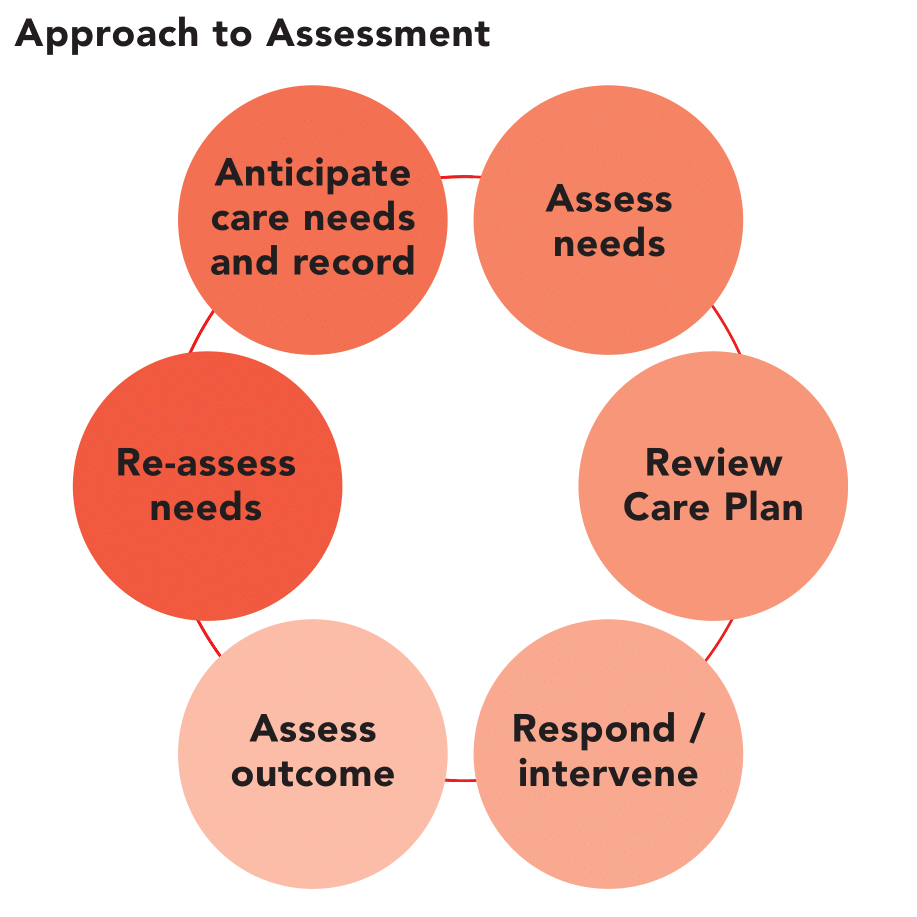
HIV confirmation testing, which is essential in diagnosing HIV infection, is essential. HIV confirmation testing must be performed after the initial anti-antigen screening test. In certain cases, the same specimen can be used to perform both the initial screening and HIV differentiation tests. In other situations, an additional sample is required.
p24 antigen neutralization assay
To confirm HIV presence, the p24 antigen neutrization assay is used. The results of this test are reported as reactive or nonreactive, based on a pre-determined cutoff value. The results are verified by having two samples tested. The patient is considered infected if the initial test results are negative. The test can also have a negative component.

HIV RNA Test
HIV RNA tests for HIV confirmation testing can detect HIV in most people within 1-4 days after infection. Some people may need to wait up to three weeks before they are able to detect HIV RNA. HIV testing should be performed as soon after possible HIV exposure as possible.
ELISA testing
An ELISA test to confirm HIV infection uses a dye to detect HIV antibodies. The liquid changes in colour when the marker antibodies are present. When they are absent, the liquid remains clear. A coloured sample signifies that an individual is infected. However, a clear sample indicates that there is no infection. The first two generations of the ELISA test look for the antibody alone while the third and fourth generation look for the antibody and antigens.
NAT test
The NAT test is used for HIV confirmation to monitor viral loads in chronically infected people. The test is a quantitative assay that can detect viremia as low as 20 copies/mL. This test is widely used in clinical practices.
RT-PCR test
The RTPCR test for HIV confirmation detects HIV RNA. It requires specific operating conditions and techniques to extract virus RNA. It is more sensitive to detect HIV RNA than other HIV testing.

Viral load test
The viral load test is a routine test performed by health care providers for people who are HIV positive. It should be performed at least once per year. If you have any symptoms of HIV infection, it should be done more often. A viral load can tell you whether your blood contains high or low levels. HIV disease is more common in those with high viral loads. They tend to lose CD4 cells quicker and have a higher rate of death. It is important to note that there are some cases in which the viral loads fluctuate, but this should not be considered a concern.
FAQ
Who is responsible for public health?
All levels of government are responsible for public health. Local governments have control over roads, schools, parks, recreation areas, and other public services. Laws and regulations regarding food safety and workplace safety are provided by the federal and state governments.
Who controls the healthcare system and who pays it?
It all depends on your perspective. The government might own public hospitals. Private companies may run private hospitals. Or a combination.
What are medical networks?
Medical systems have been designed to improve the quality of life and make it easier for patients to live longer and better lives. They make sure patients receive the best care when they need it.
They ensure the best possible treatment at the right time. And they provide the information needed for doctors to give the best possible advice on what treatment would suit each patient.
What is the difference between health system and health services?
Health systems can be more than just providing healthcare services. They cover all aspects of life, from education to employment to housing and social security.
Healthcare services, on the other hand, focus on delivering medical treatment for specific conditions such as cancer, diabetes, mental illness, etc.
They may also be used to refer to generalist primary-care services that are provided by community-based practitioners under the guidance of an NHS hospital Trust.
What are the different types of healthcare systems available?
First, the traditional system in which patients are given little control over their treatment. They go to hospital A if they need an operation, but otherwise, they might as well not bother because there is nothing available at all.
The second system is a fee per service system. Doctors earn money depending on the number of tests, operations, or drugs they perform. If you don’t pay them enough they won’t do additional work and you’ll be twice as expensive.
The third system is called a capitation. It pays doctors based upon how much they actually spend on healthcare, rather than the number of procedures they perform. This encourages doctors use of less expensive treatments, such as talking therapies, instead of surgical procedures.
What is a public health health system?
The term Health System describes all activities related to providing medical services for a particular population. It includes service delivery, financing, regulation, research, education, training, and information systems.
Statistics
- Price Increases, Aging Push Sector To 20 Percent Of Economy". (en.wikipedia.org)
- For the most part, that's true—over 80 percent of patients are over the age of 65. (rasmussen.edu)
- Consuming over 10 percent of [3] (en.wikipedia.org)
- For instance, Chinese hospital charges tend toward 50% for drugs, another major percentage for equipment, and a small percentage for healthcare professional fees. (en.wikipedia.org)
- About 14 percent of Americans have chronic kidney disease. (rasmussen.edu)
External Links
How To
How to Locate Home Care Facilities
Home care facilities provide assistance for people who require it. These include elderly persons who are unable to move independently and disabled people with chronic conditions such as Alzheimer's. These facilities provide personal hygiene, food preparation, laundry and cleaning services, as well medication reminders and transportation. These facilities often collaborate closely with social workers, rehabilitation specialists, and medical professionals.
You can find the best home care services provider by asking friends, family and/or reading reviews on the internet. After you've identified one or two providers you can start to ask about their qualifications, experience, and references. Look for providers that offer flexible hours to accommodate your needs. Also, check if they offer 24/7 emergency response.
It might be worth asking your doctor/nurse for referrals. If you're not sure where to start, try searching the internet for "home health care" and "nursing house". For example, you could use websites like Yelp, Angie's List, HealthGrades, or Nursing Home Compare.
For additional information, contact your local Area Agency on Aging/Visiting Nurse Service Association (VNA). These organizations will keep a list of local agencies who specialize in home care.
Finding a good home care agency is important because many companies charge high patient fees. In fact, some agents charge up to 100 percent of a patient’s annual income. You can avoid this by choosing an agency that is highly rated by the Better Business Bureau. Get references from past clients.
Some states even require home care agencies to register with the State Department of Social Services. Find out the requirements for agency registration in your area by contacting your local government.
Consider these factors when looking for a homecare agency.
-
Avoid any company asking you to pay upfront for services.
-
Look for a reputable and well-established business.
-
You should have proof of insurance, especially if your payment is out of pocket.
-
Verify that the state has granted the agency license.
-
For all costs related to hiring the agency, request a written contract.
-
Check to confirm that the agency offers follow-up visits following discharge.
-
Ask for a list or certifications.
-
Do not sign anything without reading it first.
-
Take the time to read all fine print.
-
Make sure the agency has insurance and is bonded.
-
Ask how long the agency is in operation.
-
Verify that the State Department of Social Welfare licenses the agency.
-
Find out whether there are any complaints against the agency.
-
For information on home care agencies, contact your local government department.
-
You should ensure that the person answering the phone has the qualifications to answer your questions about homecare.
-
To ensure that you fully understand the tax implications of home care, consult your accountant or attorney.
-
Always get at least three bids for each home care agency you contact.
-
Accept the lowest offer, but don't settle for anything less than $30 per an hour.
-
Remember that you may need to pay more than one visit to a home care agency daily.
-
It is important to carefully read contracts before you sign them.